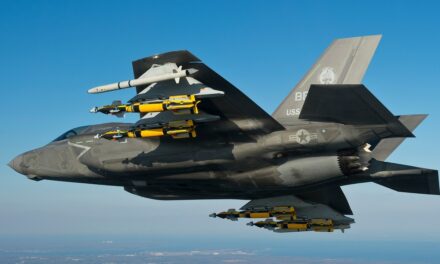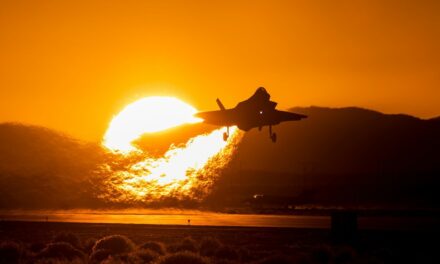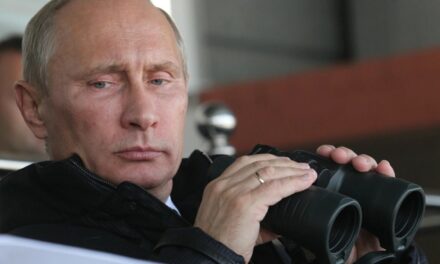We support our Publishers and Content Creators. You can view this story on their website by CLICKING HERE.
Key Points: The fall of Bashar al-Assad’s regime in Syria marks a major setback for its key allies, Russia and Iran. Russia’s military presence, anchored by the Tartus naval base and Hmeimim air base, faces an uncertain future under Syria’s new ruling group, Hay’at Tahrir al-Sham (HTS).
-Moscow, reliant on Tartus for its Mediterranean naval operations, has already vacated key vessels as negotiations loom.
-Kremlin officials, including Dmitry Peskov, stress safeguarding their facilities amid the shifting power dynamics.
-HTS, a former Al-Qaeda affiliate, will decide whether to accommodate Russia’s presence, potentially jeopardizing Moscow’s only strategic Mediterranean foothold and regional influence.
Tartus Naval Base in Limbo as Syria’s New Leaders Challenge Russia
The fall of the Assad regime in Syria marked a major blow to the ruling family’s allies, namely Iran and Russia.
For years, these rogue nations-fueled by a mutual contempt for the United States- helped prop up Bashar al-Assad’s dictatorial government in Damascus via funds, troops, and military equipment.
As Moscow remains embroiled in its nearly three-year-long invasion of Ukraine and Tehran continues to face losses in the Middle East, both countries were incapable of defending the Assad regime when rebel groups rose up earlier this month, culminating in the toppling of the government.
While the Iranian regime now grapples with the loss of what was for many years a central pillar of its proxy group enterprise, the Kremlin is also facing its diminished clout in the region.
Last week, images released by several media outlets indicated that Russian naval ships had vacated their main port in Syria.
The photographs show that several vessels left the Tartus naval base and are floating offshore in the Mediterranean Sea.
Kremlin spokesperson Dmitry Peskov detailed that Moscow would soon negotiate the presence of its military in Syria with the incoming government in Damascus: “You know that, of course, we maintain contacts with those who control the situation in Syria now. This is necessary because we have our bases there and our diplomatic office [embassy]. And of course, ensuring the safety and security of our facilities are of utmost importance,” Peskov added.
What Russia Could Lose: An Important Naval Base at Tartus
Moscow’s naval base in Tartus stems back to the Syrian Civil War when the Assad regime first offered its ally a free lease. Russia’s direct involvement in Syria’s civil conflict made Assad’s maintenance of power amidst insurgency a reality.
Perhaps as a thank you to the Kremlin, Assad also granted Moscow access to the Hmeimin air base for forty-nine years.
While Russia has benefitted from this foothold in the region, the incoming governing authority in Syria will probably not be as privy to Moscow’s presence.
Russian Tu-22M3 Planes. Image Credit: Creative Commons.
Hay’at Tahrir al-Sham (HTS), designated by several countries as a terrorist group, has Islamist roots and was formerly affiliated with Al-Qaeda. Although HTS is attempting to present itself as a more moderate governing body, its future intentions, particularly with Syria’s religious minorities, remain to be seen.
Similarly, HTS’s allowance of foreign players on the ground will need to be negotiated.
Russia may be able to negotiate terms with the rebel group and maintain its hold on Tartous and Hmeimin.
Tartus is a vital location for Russia since it hosts elements of the Black Sea Fleet and remains the country’s only repair and replenishment hub in the Mediterranean.
As detailed by BBC, Tartous allowed Russian ships to remain in the Mediterranean Sea without returning to Black Sea ports through the Turkish Straits. It is undoubtedly in Moscow’s best interests to retain this advantage.
About the Author: Maya Carlin
Maya Carlin, a Senior Editor for 19FortyFive, is an analyst with the Center for Security Policy and a former Anna Sobol Levy Fellow at IDC Herzliya in Israel. She has by-lines in many publications, including The National Interest, Jerusalem Post, and Times of Israel. You can follow her on Twitter: @MayaCarlin.

 Conservative
Conservative  Search
Search Trending
Trending Current News
Current News 





